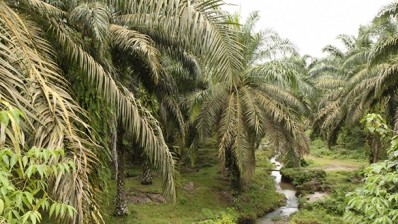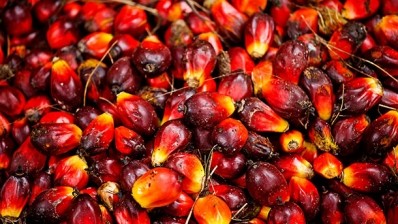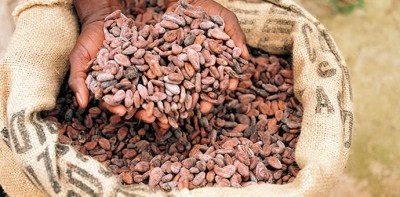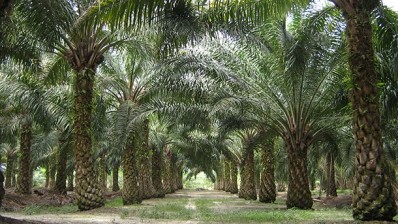Southeast Asia
FAO urges smallholders unite to improve conditions, sustainability
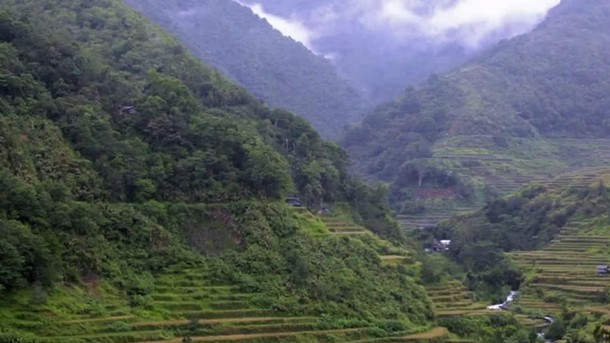
By doing so, such groups could play a significant role in tackling deforestation and reducing poverty, especially in Southeast Asia.
Disconnect between communities and government
At present, the forest enterprises of families and communities are major contributors to local livelihoods, the reports say. Unfortunately, the vital role that they play is often overlooked in government policies.
Moreover, their isolation from each other, from markets, information, business services, policymakers, financing and investment opportunities further prevents them from benefiting from their local natural wealth.
The policy papers (Roadmap for strengthening forest and farm produce organisations and What can governments do to strengthen forest producer organisations?) argue that a better policy environment, coupled with targeted support to help small-scale forest and farm producers incorporate into forest producer organisations, could turn this situation around.
Strength in numbers
"Coming together in forest and farm producer organisations can help overcome their isolation as well as other very real constraints, such as a lack of secure forest tenure and financial and business development instruments,” said FAO forestry officer Jeffrey Campbell.
"They must compete with large-scale businesses that often receive preferential treatment, access to markets, financing and resources.”
Governments must provide legal status and services for organisations of small-scale forest and farm producers which will serve their interests and help reduce rural poverty, Campbell added.
According to Chris Buss, deputy director of the International Union for Conservation of Nature, smallholders and indigenous peoples play a major role in global trade, yet they are often overlooked when the private sector considers forest landscape management and restoration.
"It is therefore crucial therefore to ensure forest producer organisations are strengthened and empowered if we are to scale up efforts in order to achieve goals such as Bonn Challenge to restore 150m hectares of degraded and deforested lands by 2020, which will in turn contribute to delivery on international climate, biodiversity and development targets,” Buss added.
